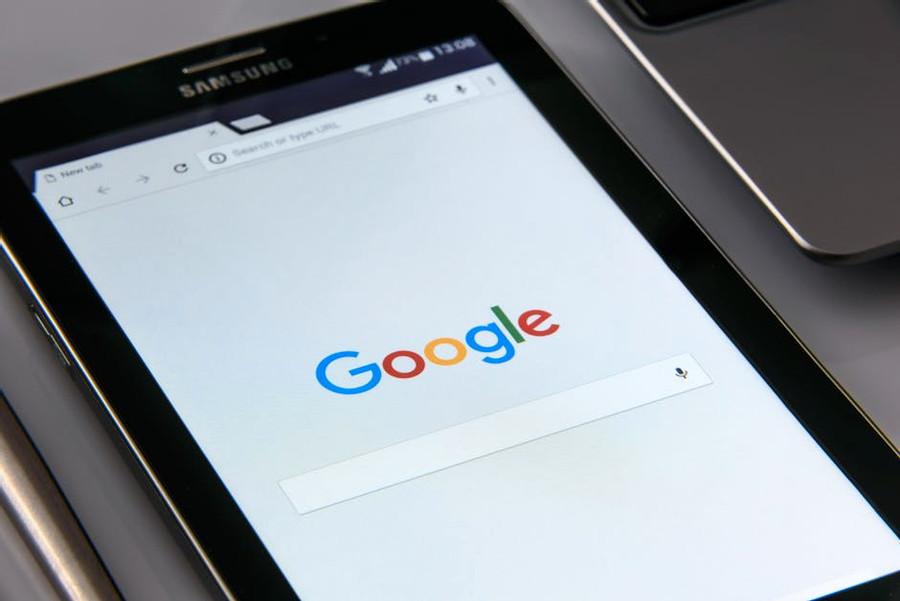If You're Going To Google Your Health Symptoms, Here's How To Do It Right
Curated from: huffpost.com
6
Explore the World's Best Ideas
Join today and uncover 100+ curated journeys from 50+ topics. Unlock access to our mobile app with extensive features.
90 Percent of Patients Google Their Symptoms Before They Talk to A Doctor
Cyberchondria - repeated, compulsive internet searches for medical info that can lead to worry and panic - is a real and troubling phenomenon.
Misguided Google searches can also be a deep source of frustration for doctors and other health care providers who say they spend a good chunk of their time with patients tackling inaccurate health advice and self-diagnosis.
How to make sure you are using "Dr Google" effectively? Here are five best practices to keep in mind.
10
171 reads
Start with The Websites of Major Health Organizations, Universities and Hospitals
Start your search with well-known, reputable sources like the Centers for Disease Control and Prevention or the American Academy of Pediatrics.
Many hospitals and universities also have websites with evidence-based health information.
8
162 reads
Brush Up Some Study Basics
- Look for some basics that can help indicate whether a study holds up
- Was it published in a peer-reviewed journal? That means it has been scrutinized by other experts in the field for quality and accuracy.
- What was the sample size like? What limitations have the study's authors pointed out?
8
144 reads
Check on How Your Search Is Making You Feel
- If you are searching for your symptoms and getting really stressed out, reach out to an actual medical professional who can help provide answers.
- As you're searching, do a gut check: Are you making yourself feel stressed or anxious? Are you trying too hard to push away your nagging concerns?
8
129 reads
Keep Track of Any Sources You Find and Want to Discuss
Save any studies or articles you visit, and bring a list of links to the doctor with you so you can discuss them together when you go to see your doctor.
Your health care provider should be open to talking to you about any research you bring up.
8
71 reads
When In Doubt, Talk To An Actual Health Care Provider
- Nothing beats going to an actual doctor, nurse or health care clinic to get answers to the health questions you have.
- Be transparent about the limits of an online search.
- Referrals to a doctor or clinic will direct you to the next evaluation you need.
8
74 reads
IDEAS CURATED BY
Ember P.'s ideas are part of this journey:
Learn more about health with this collection
Seeking support from others
Identifying the symptoms of burnout
Learning to say no
Related collections
Similar ideas
7 ideas
Can You Trust Social Media for Health Advice?
shondaland.com
4 ideas
How to Manage Panic Attacks
nytimes.com
5 ideas
Read & Learn
20x Faster
without
deepstash
with
deepstash
with
deepstash
Personalized microlearning
—
100+ Learning Journeys
—
Access to 200,000+ ideas
—
Access to the mobile app
—
Unlimited idea saving
—
—
Unlimited history
—
—
Unlimited listening to ideas
—
—
Downloading & offline access
—
—
Supercharge your mind with one idea per day
Enter your email and spend 1 minute every day to learn something new.
I agree to receive email updates





